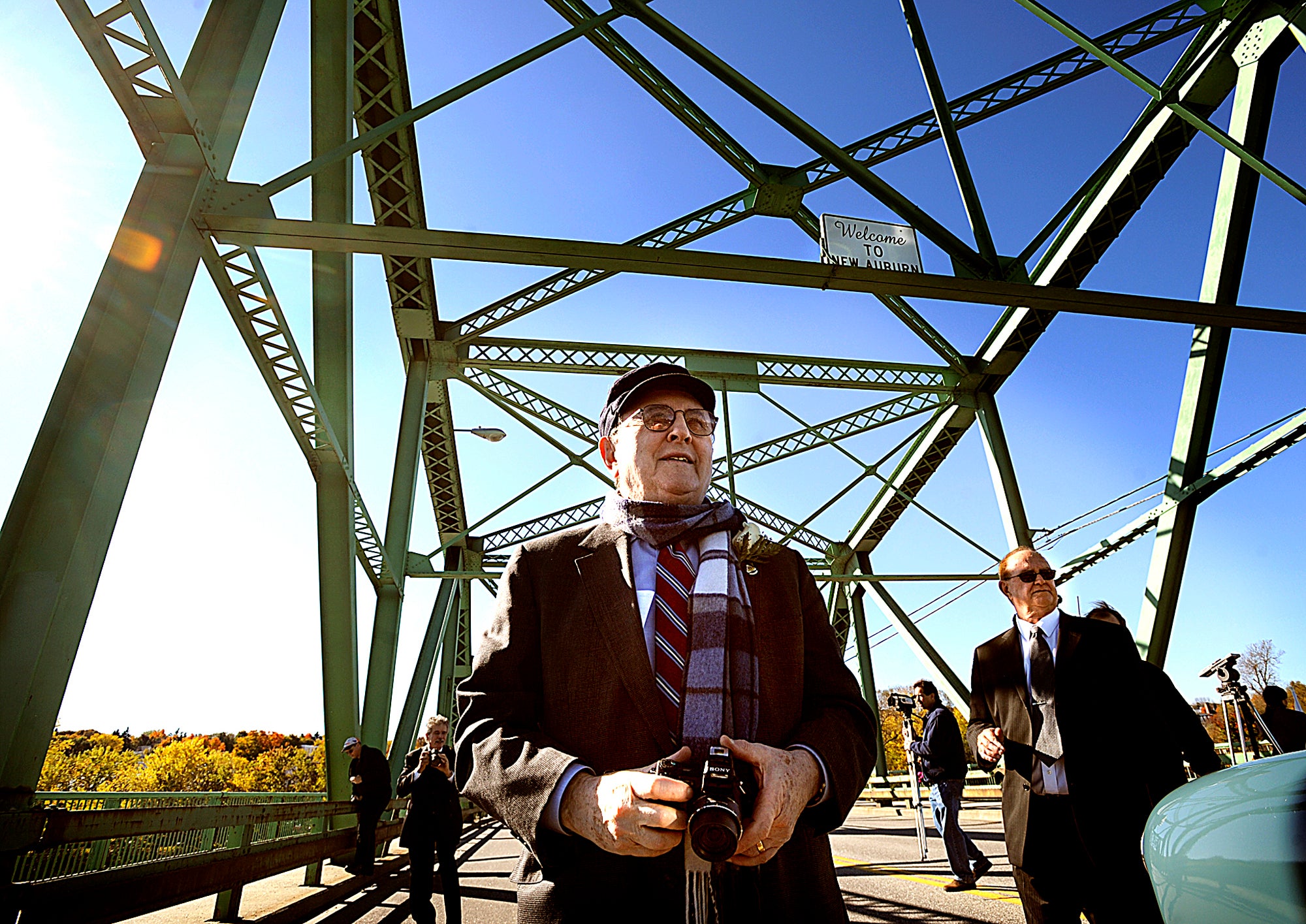Cardiologist, anti-war activist Bernard Lown dies at 99
Dr. Bernard Lown, a Massachusetts cardiologist who invented the first reliable heart defibrillator and later co-founded an anti-nuclear war group that was awarded a Nobel Peace Prize, died Tuesday

Your support helps us to tell the story
From reproductive rights to climate change to Big Tech, The Independent is on the ground when the story is developing. Whether it's investigating the financials of Elon Musk's pro-Trump PAC or producing our latest documentary, 'The A Word', which shines a light on the American women fighting for reproductive rights, we know how important it is to parse out the facts from the messaging.
At such a critical moment in US history, we need reporters on the ground. Your donation allows us to keep sending journalists to speak to both sides of the story.
The Independent is trusted by Americans across the entire political spectrum. And unlike many other quality news outlets, we choose not to lock Americans out of our reporting and analysis with paywalls. We believe quality journalism should be available to everyone, paid for by those who can afford it.
Your support makes all the difference.Dr. Bernard Lown, a Massachusetts cardiologist who invented the first reliable heart defibrillator and later co-founded an anti-nuclear war group that was awarded a Nobel Peace Prize died Tuesday. He was 99.
The Boston Globe reported the Lithuania-born doctor's health had been declining from congestive heart failure. He died in his Boston-area home.
Lown, who was a professor at Harvard University and a physician at Brigham and Women’s Hospital in Boston, had helped advance cardiac treatment.
He'd been among the first doctors to emphasize the importance of diet and exercise in treating heart disease and introduced the drug Lidocaine as a treatment for arrhythmia, the Globe reports. In 1962, Lown invented the direct-current defibrillator, or cardioverter, which uses electric shocks to get hearts to resume beating.
He was also an outspoken social activist, founding Physicians for Social Responsibility in 1960 and later co-founding International Physicians for the Prevention of Nuclear War in the 1980s, the newspaper reports.
The international anti-war group called for a moratorium on testing and building nuclear weapons. It was awarded the 1985 Nobel Peace Prize for raising awareness about the consequences of nuclear war during the height of Cold War tensions between the U.S. and the Soviet Union. At its peak, the group had more than 200,000 members and chapters in more than 60 countries.
“To me, you cannot be committed to health without being engaged in social struggle for health,” Lown told the Globe in 2001.
Lown was born in Utena, Lithuania in 1921 and moved in 1935 with his father, a rabbi, to Lewiston, Maine, where a bridge now bears his name. He graduated from the University of Maine and received his medical degree from Johns Hopkins University in Maryland.
The Globe reports Lown will be buried privately but the family, which includes his three children and a number of grandchildren, will announce a public memorial service later.